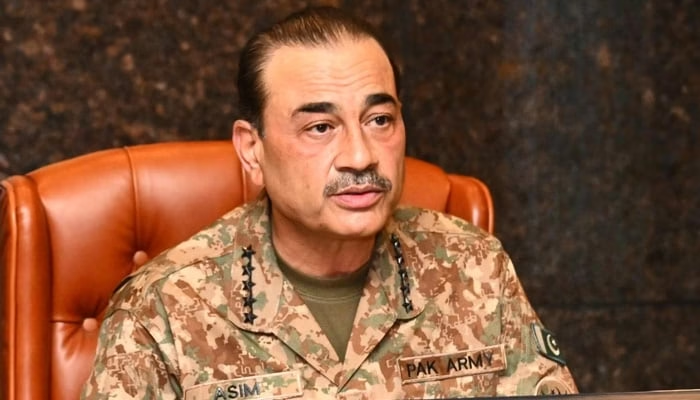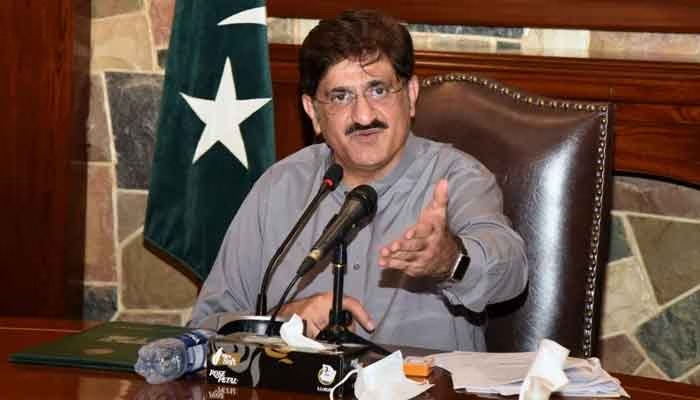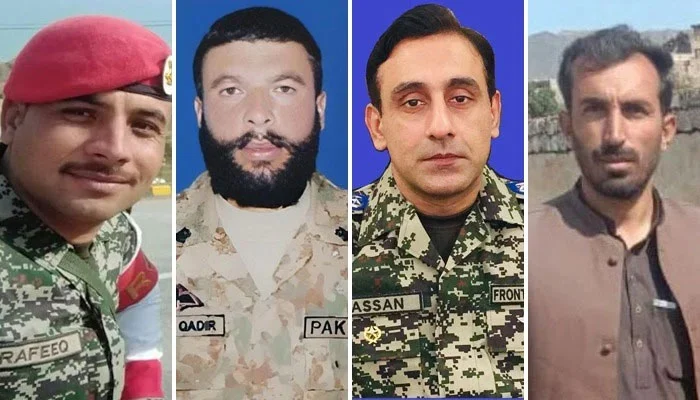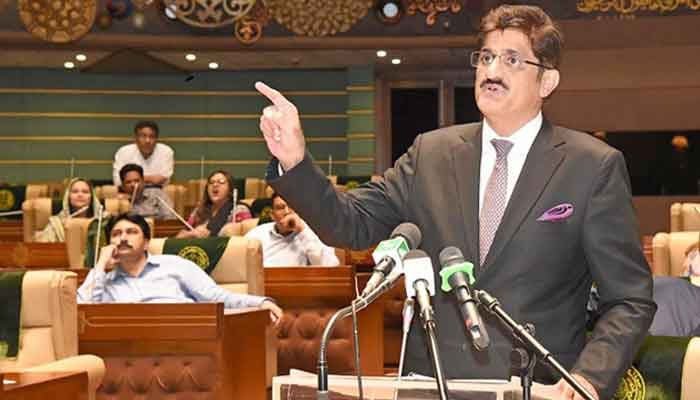Pakistan’s military leadership has reaffirmed its commitment to taking comprehensive and decisive action against Indian-sponsored proxies operating within its borders. The resolve was made clear during the 271st Corps Commanders’ Conference (CCC) held at the General Headquarters (GHQ) in Rawalpindi under the leadership of Field Marshal Syed Asim Munir, Chief of Army Staff (COAS).
The conference came at a crucial time, as tensions between Pakistan and India remain high following their brief military conflict in May 2025. According to the Inter-Services Public Relations (ISPR), the forum condemned India’s continued support for terrorism inside Pakistan and pledged to counter these threats at all levels.
India’s Proxy Warfare Following Pahalgam Incident
The meeting took serious note of India’s actions after its defeat in the recent 90-hour war with Pakistan. The conflict, which erupted after India blamed Pakistan for a deadly attack on tourists in Indian Illegally Occupied Jammu and Kashmir’s Pahalgam area, ended with a swift and strategic Pakistani military response. Islamabad has categorically denied any involvement in the Pahalgam attack.
Since the ceasefire, however, Pakistan claims that India has intensified its covert operations, using proxy elements to conduct terrorist activities inside Pakistani territory. These attacks have resulted in the loss of precious lives, prompting the military leadership to stress that the sacrifices of the martyrs will not go in vain.
The COAS, while chairing the meeting, offered Fateha for the martyrs of recent attacks and reiterated that ensuring the safety and security of Pakistani citizens remains the armed forces’ top priority.
Strategic Insights and Regional Security Review
The Corps Commanders examined recent counterterrorism successes and identified India’s evolving hybrid strategy. The forum highlighted how, in the aftermath of its failed military venture, India has doubled down on its proxy warfare agenda, using groups like Fitna al-Khawarij and Fitna al-Hindustan to destabilize Pakistan.
Field Marshal Munir sharply criticized India’s attempts to internationalize the conflict and position itself as a net security provider in the region, calling it a disingenuous form of bloc politics. He argued that such tactics are an attempt to mask India’s military failures and distract from its Hindutva-driven policies that are alienating regional actors.
The region is increasingly disillusioned with India’s hegemonic ambitions and extremist ideology, said the COAS, cautioning that invoking external parties in what is clearly a bilateral issue only exposes India’s desperation to shape a misleading global narrative.
Diplomatic Outreach and Global Engagement
The COAS also shared highlights of Pakistan’s recent diplomatic initiatives aimed at strengthening regional and international alliances. He spoke about the Prime Minister-led visits to key allies — including Iran, Türkiye, Azerbaijan, Saudi Arabia, and the UAE — where he accompanied the premier to engage in strategic dialogue.
Additionally, the army chief discussed his historic visit to the United States, where he met top-tier American leadership. These meetings provided Pakistan a platform to present its objective perspective on regional and global security challenges, including those related to South Asia and beyond.
Evolving Threats and Military Modernization
During the CCC, commanders were briefed on Pakistan Army’s progress in adapting to the modern threat landscape. The leadership emphasized the need for building self-reliant capabilities in light of growing regional instability and the increasing trend of nations resorting to the use of force.
The forum reviewed internal and external security dynamics, especially recent developments in the Middle East and Iran. These changes, according to the military, underline the importance of unity and national resilience.
The COAS praised the Pakistan Navy and Air Force for fostering strong inter-services coordination and synergy, underscoring the need for joint operational readiness in an increasingly complex security environment.
COAS Reaffirms Readiness and Resolve
In his closing remarks, Field Marshal Munir expressed full confidence in the operational preparedness of the Pakistan Army. He reaffirmed that the military is ready to counter any threat — be it conventional, sub-conventional, or hybrid in nature.
The blood of our martyrs will not go to waste. The safety and security of the people of Pakistan will always be our topmost priority,concluded the COAS, making it clear that the army will not waver in the face of aggression or subversion.
As regional tensions continue to simmer, Pakistan’s military leadership is signaling a more assertive and united front — one that is increasingly focused on thwarting proxy warfare, bolstering internal security, and navigating diplomatic complexities with strategic foresight.



